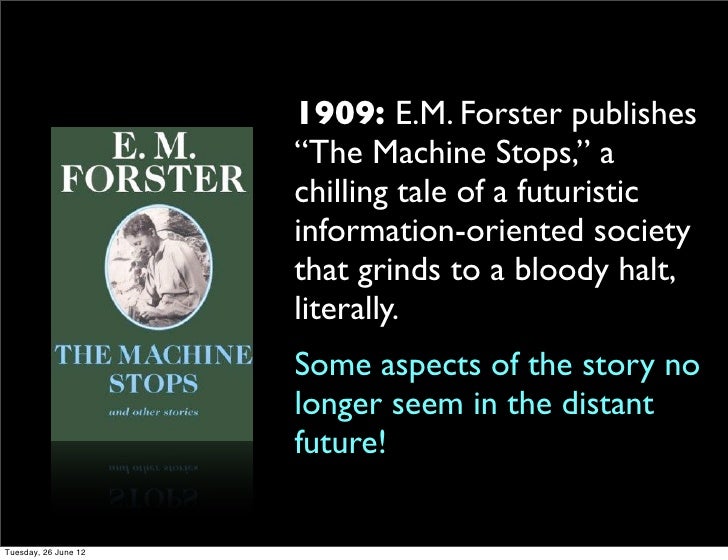The Latest from Mises.org
The Week in Review: May 20, 2017
The tsunami of government spending and easy-money monetary policy shows no sign of letting up. In spite of many claims of strong economic growth, the world's central banks refuse to do much at all in terms of scaling back their huge balance sheets or their rock-bottom interest rates. Not coincidentally, household debt has now returned to pre-recession levels in the US while government spending on everything from firemen to foreign wars continues unabated.
And not surprisingly, well-funded governments have all the money they need to put more non-violent people in jail, as AG Jess Sessions wants to do, and expand the drug war even over the protests of the states themselves.
The Mises Institute is excited to return to Seattle this weekend, discussing the "House of Cards: Has the US Economy Recovered?" Our terrific lineup of speakers include: Doug Casey, Tom Woods, Walter Block, Bob Murphy, and Jeff Deist.
If you can’t attend the event in person, watch it live at Mises.org/live.
And in case you missed them, here are this weeks Mises Wire articles, covering a wide array of topics including libertarianism, US household debt on the rise, entrepreneurship, Venezuela's decline, net neutrality, behind the doors of our fire departments, the war on drugs, and the absurd laws governing paddleboarding.
And in case you missed them, here are this weeks Mises Wire articles, covering a wide array of topics including libertarianism, US household debt on the rise, entrepreneurship, Venezuela's decline, net neutrality, behind the doors of our fire departments, the war on drugs, and the absurd laws governing paddleboarding.
- How Magical is the Keynesian Multiplier? by Frank Shostak
- Why the Left Refuses to Talk About Venezuela by Ryan McMaken
- The American Way of War Is a Budget-Breaker by WilliamHartung
- NFL Teams are Right to Blackball Colin Kaepernick by Tho Bishop
- Bylund: Entrepreneurship Can Fix Healthcare by Per Bylund
- Venezuela: Forty Years of Economic Decline by José Niño
- It’s Against the Law to Paddleboard Without a Whistle by Tho Bishop
- US Household Debt Rises to All-Time Highs by Ryan McMaken
- Balance Sheet Normalization, Or Not by C. Jay Engel
- Libertarianism at the Brink by David Gordon
- 4 Problems With Jeff Sessions's New "Tough on Crime" Stance by Ryan McMaken
- Entrepreneurship’s Split-Personality Problem by Per Bylund
- The World's Central Banks Are Frozen with Fear by RyanMcMaken
- Marx: The Economist's Economist by Carmen Elena Dorobăț
- The States Are Revolting Against the War on Drugs by Mark Thornton
- Brexit Has Put EU Politicians in Panic Mode by Alasdair Macleod
- Economists Are Not Plumbers by Peter Klein
- Public-Sector Unions Keep the Gravy Train Flowing to Fire Departments by Ryan McMaken
- Ditch Net Neutrality Now by Chris Calton
